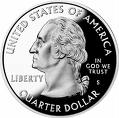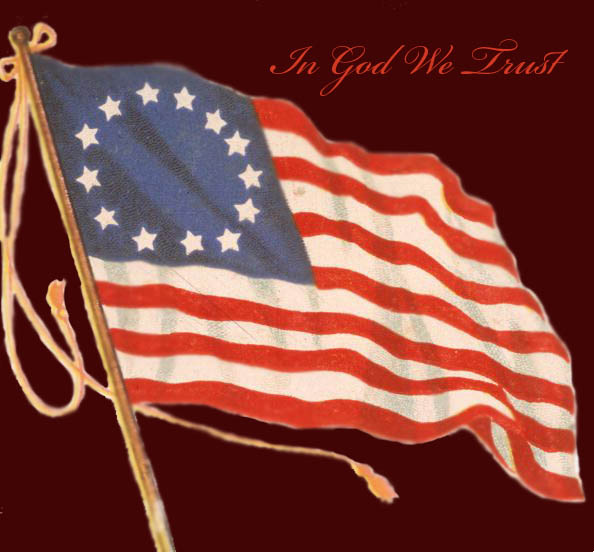Blog
The Boston Tea Party, 1773
Part 9: of an 18-part series
Lord North . . .moved two resolutions, one of which provided that:
on all teas imported to any British Plantations in America after the 10th of May, 1773, a drawback be allowed of all the duties of customs paid upon the importation of such teas, which left the company to pay the threepence tax on the teas imported into America.' The directors, however, in August obtained licenses from the Lords of the Treasury, and soon dispatched ships loaded with teas to the four ports of Boston, Charleston, New York, and Philadelphia....
They, Franklin wrote, have no idea that any people can act from any other principle but that of interest; and they believe that three pence on a pound of tea, of which one does not perhaps drink ten pounds in a year, is sufficient to overcome all the patriotism of an American.
A Series of Extraordinary Royal Instructions
* The first of a series of extraordinary Royal instructions began their mission to establish the right of parliament to tax the colonies , on the 6th of July, 1770.
In framing these instructions, little, if any, regard was paid to customs, forms, and prejudices in the colonies as old as their existence, which had become unwritten law [the Law of Nature]. The instructions required the dissolution of assemblies; their removal to unusual places of meeting, as in South Carolina to Beaufort, and in Massachusetts to Cambridge; negatived arbitrarily the choice of speakers; provided for the maintenance of local officers; and thus entirely ignored the local legislation for the support of government, and even directed the executive to refuse his assent to tax-bills because they taxed the officers of government. . . .
Back to Boston 1773: A New and An American Method of 'Political Agitation' (continued)
a rigid adherence to the non-importation agreement as the most effectual method to obtain a redress of grievances.
The saying was current in London that industry and economy were universal in America, where the farmer strutted in homespun and cast an indignant look at the meanness of soul that hoped for superior distinction by indulging in the manufactures of a country that exulted in enslaving the colonies.
The ministers postponed the design of altering the American constitutions. Lord North, in April, 1770, based a motion for a partial repeal of the Townshend Revenue Act on the petition of the merchants of London. He urged the abolition of the duties on glass, paper, and painters colors, on the ground that they were uncommercial, while he justified the retention of the duty on tea as necessary to assert the supremacy of parliament. Such was the judgment of the king who held that there must always be one tax to keep up the right. Hence the Act was repealed (April 12, 1770) only in part.
The Americans would not buy teas shipped from England: they would not live without tea; and hence illicit importations came in freely from Holland.
The affairs of the East-India Company were in great confusion, and a portion of its financial troubles was alleged to be owing to the loss of the American trade in tea.
The king now suggested a plan to relieve the corporation, and at the same time try the question with America.
To be continued...
Back to Boston 1773: A New and An American Method of 'Political Agitation'
"...a new and an American method of political agitation"
~ Richard Frothingham
"They hoped to build up their cause on the foundation of an intelligent public opinion."
- "Against the Townshend Acts were the declarations of the thirteen colonies, that the people had inherent rights, and that the powers of the king and the parliament were limited by the Constitution."
- "war on their dearly prized local self-government...the new scheme was regarded by Americans as...an aggression on the old usages, grown into a right, of fashioning the 'internal police'."
- "as suicidal a policy as it would be for an American administration to aim at impairing the municipal liberties, which are perennial fountains of a noble public life."
- "...a settled public opinion and conviction by a free people, as to the nature and value of their rights."
- "...the claim that the king's instructions had the force of law, or that the people were under a personal government, was everywhere contested....The leaders... "never yielded to the fatal heresy of a personal government, or to the sweep of power covered by the Declaratory Act.- "The popular leaders enjoined the people to avoid mobs, confusions, tumults, the terrible spirit of disorder...."
- "Aiming to avoid any thing like insurrection, and repelling the idea of revolution, they unfurled their banner under the noble aegis of law."
- "They based their action on social order."
To be continued...



